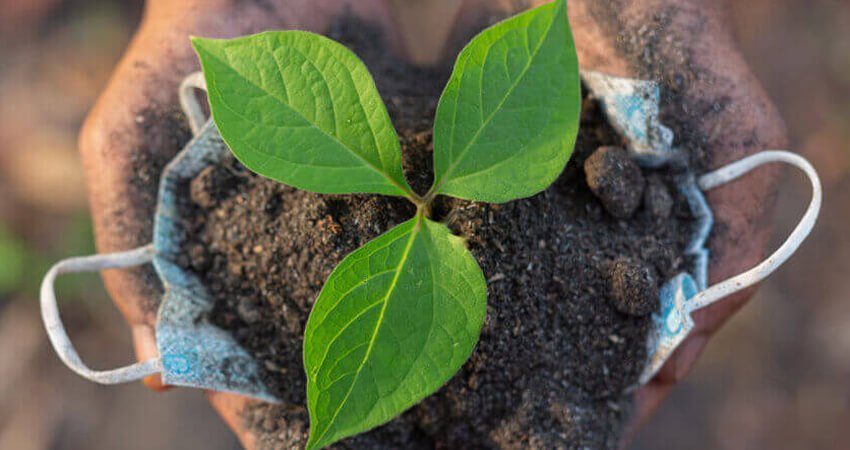The EUDR 2023/1115 refers to the European Union Deforestation Regulation (EUDR), formally titled Regulation (EU) 2023/1115. This regulation is part of the European Union’s efforts to combat global deforestation and forest degradation driven by the production and consumption of certain commodities and products within the EU market.
One of the most effective ways to reduce your carbon footprint is to make changes to your energy consumption. You can start by reducing your use of fossil fuels and increasing your use of renewable energy sources like solar, wind, or hydroelectric power. You can also make your home more energy-efficient by installing insulation, upgrading to energy-efficient appliances and light bulbs, and using programmable thermostats.
Key Aspects of EUDR 2023/1115
- Objective:
- The regulation aims to minimize the EU’s contribution to deforestation and forest degradation globally, which is largely driven by the agricultural expansion of certain commodities. It seeks to ensure that products sold in the EU market do not contribute to deforestation.
- Scope:
- The regulation targets a specific set of commodities and derived products associated with deforestation risks. These include:
- Soy
- Palm oil
- Beef
- Wood
- Cocoa
- Coffee
- Rubber
- Products derived from these commodities (e.g., leather, chocolate, furniture).
- The regulation targets a specific set of commodities and derived products associated with deforestation risks. These include:
- Due Diligence Obligations:
- Companies that place these commodities and products on the EU market must
conduct strict due diligence to ensure that:
- they are deforestation-free; or have not contributed to forest degradation after December 31, 2020.
- they have been produced in accordance with the relevant legislation of the country of production; and
- they are covered by a due diligence statement.
- The due diligence process requires:
- Traceability: Companies collect information, data and documents needed to trace the commodities back to the plot of land where they were produced.
- Risk Assessment: Companies need to assess the risk of deforestation linked to their supply chains and take appropriate mitigation measures.
- Compliance: Companies must demonstrate compliance with the regulation and relevant legislation of the country of production.
- Geographical Scope:
- The regulation applies to both EU-based companies (operators and, trader) and non-EU companies (Authorised representative) that place relevant products on the EU market.
- Penalties and Enforcement:
- Member States are responsible for enforcing the regulation, which includes carrying out checks and imposing penalties on companies that fail to comply. Penalties can include fines, the seizure of products, and even bans from the EU market.
- Reporting and Transparency:
- Companies must provide detailed reports to the authorities on the due diligence measures they have taken.
- The regulation also promotes transparency by requiring public access to information about how companies are ensuring compliance.
Impact:
The EUDR is part of the EU’s broader strategy to address climate change and environmental sustainability by reducing the EU’s contribution to global deforestation. It is expected to have significant implications for global supply chains, particularly in countries where deforestation is a major issue.
Time line
According to the Article 38 of the regulation time line is as follow

How can we Help?
Document review and remote support
- Expert support for local knowledge on Palm oil, Cocoa, Coffee, and supply chain risk assessment.
- Support with verification audits confirming EUDR compliance within the entire supply chain and giving easy access relevant information.
- Verification audits providing detailed EUDR due diligence insights allowing operators, traders, non-SME’s, SME’s, and exporters to address issues at an early stage.
- Document review and remote support

